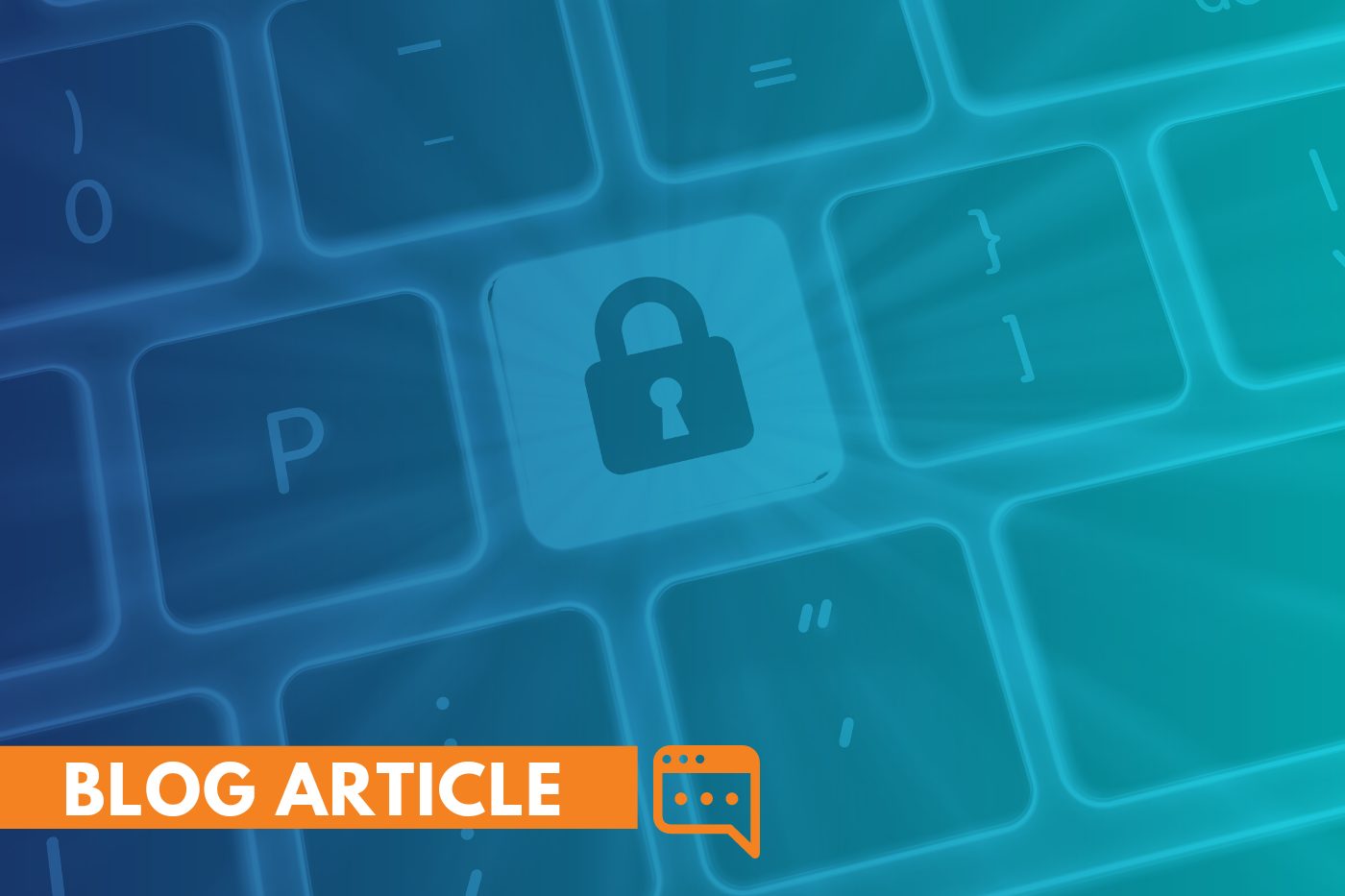

Businesses and organizations, especially those that provide client services, are savvy to the frequency of business-crippling cyberattacks. Not only do these attacks expose sensitive information, as well as tarnish reputations, they result in issues and losses that take vast amounts of time, money and resources to resolve and recover. The fact that most companies have been adjusting to new work-from-home environments has only intensified cyber risks, therefore many are opting for cyber risk coverage as part of their professional liability insurance portfolios.
Today more than ever, it is critical for business to implement Multi-Factor Authentication. This single step is has proven to be a critical component of an effective cybersecurity risk strategy, AND is now a requirement for many insurers.
Multi-Factor Authentication (MFA) is a security measure that involves two or more forms of identification to access any given account. MFA is sometimes referred to as two-factor authentication (2FA, a subset of MFA), which requires only two factors for the authentication process. MFA/2FA involves some combination of these things:
This simple MFA security measure is an effective extra layer of security that makes it incredibly difficult for attackers to hack into protected accounts. In fact, Microsoft states MFA can block over 99.9% of account compromise!
Many insurers are now requiring MFA implementation in order for businesses/organizations to qualify for CyberRisk coverage or renewal. When qualifying or renewing, don’t be surprised to read:
* When qualifying or renewing, don’t be surprised to see new minimum controls in place for MFA. These protocols are best managed and implemented by Cyber Security Professionals. It is extremely important that your Cyber strategy consists of the following for adherence to the new standards for Cyber liability insurance.
Omega Systems Security Compliance Officer and Data Security Team is ready to assist you in implementing a preventative, robust cybersecurity strategy customized to your specific need. Whether you are looking for professional guidance, assistance or implementations to boost your internal cybersecurity strategy, or prefer to evaluate the benefits of a professionally managed cybersecurity strategy, Omega Systems has the tools and resources in place to help you achieve optimum security and compliance.